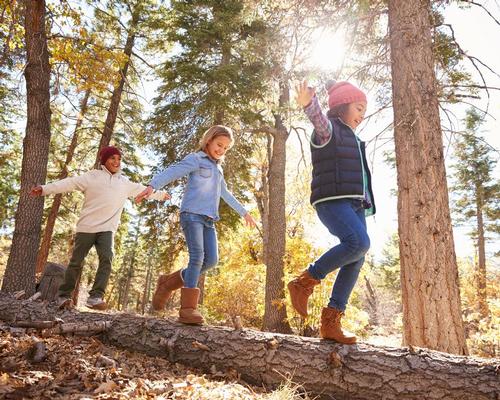07 Nov 2019
Wildlife Trusts: children should spend at least one hour a day in the wild
BY Tom Walker

Children should spend at least one hour a day learning and playing in wild places, according to The Wildlife Trusts.
The conservation organisation made the call as part of a major report by the Institute of Education at University College London, which studied the effects of Wildlife Trust-led activities on the wellbeing of primary school children.
The research revealed that children’s wellbeing increased after they had spent time connecting with nature.
The children showed an increase in their personal wellbeing and health over time – and also displayed an increase in nature connection and demonstrated high levels of enjoyment.
The children also gained educational benefits as well as wider personal and social benefits, with 90 per cent of children reporting that they had learned something new about the natural world and 79 per cent feeling that their experience could help their school work.
Of the children surveyed, 79 per cent also reported feeling more confident in themselves.
"This research shows that children experience profound and diverse benefits through regular contact with nature," said Nigel Doar, The Wildlife Trusts’ director of strategy.
"Contact with the wild improves children’s wellbeing, motivation and confidence. The data also highlights how children’s experiences in and around the natural world led to better relationships with their teachers and class-mates."
Based on the report, The Wildlife Trusts has made three recommendations. These are:
1. To change educational guidance so each child can spend a minimum of one hour per school day outdoors in wild play and learning.
2. For the government to create a Nature Recovery Network, which extends into schools and every other part of the UK's towns, cities and villages so that everyone lives in a healthy, wildlife-rich natural world.
3. To support children and to allow them to foster links between their personal identities and nature.
To download and read the full report, click here.
Close Window